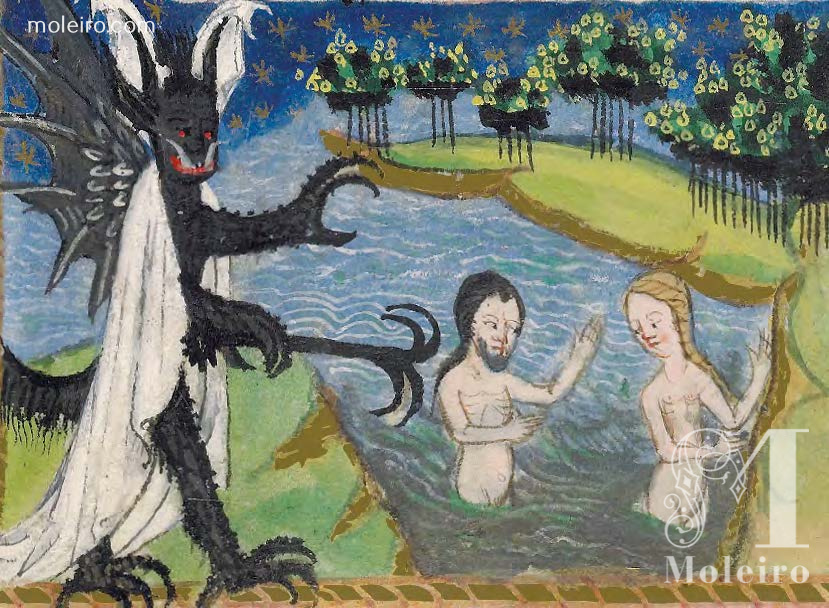
"The desire to understand humanity's first parents led to reinterpretations of Genesis, resulting in the popularity of apocryphal texts that filled narrative gaps."
"The Life of Adam and Eve narrates their struggles post-Genesis, addressing their suffering and the human condition through themes of original sin and redemption."
"In medieval circles, these narratives reinforced doctrines of divine mercy and original sin, with typological connections drawn between biblical figures."
"The Book of Hours of Jean de Montauban demonstrates the lasting impact of these apocryphal stories within medieval Christian visual culture."
The article explores the reinterpretation of Genesis in the Middle Ages, focusing on the emergence of apocryphal texts that aimed to fill narrative silences regarding Adam and Eve after their expulsion from Paradise. Works like the Vita Adae et Evae addressed their suffering, penance, and humanity's early struggles, reinforcing themes of original sin and redemption. The Book of Hours of Jean de Montauban exemplifies the influence of these narratives in medieval Christian visual culture, highlighting the enduring interest in understanding humanity's origins and the implications of sin and grace within the faith.
Read at Medievalists.net
Unable to calculate read time
Collection
[
|
...
]